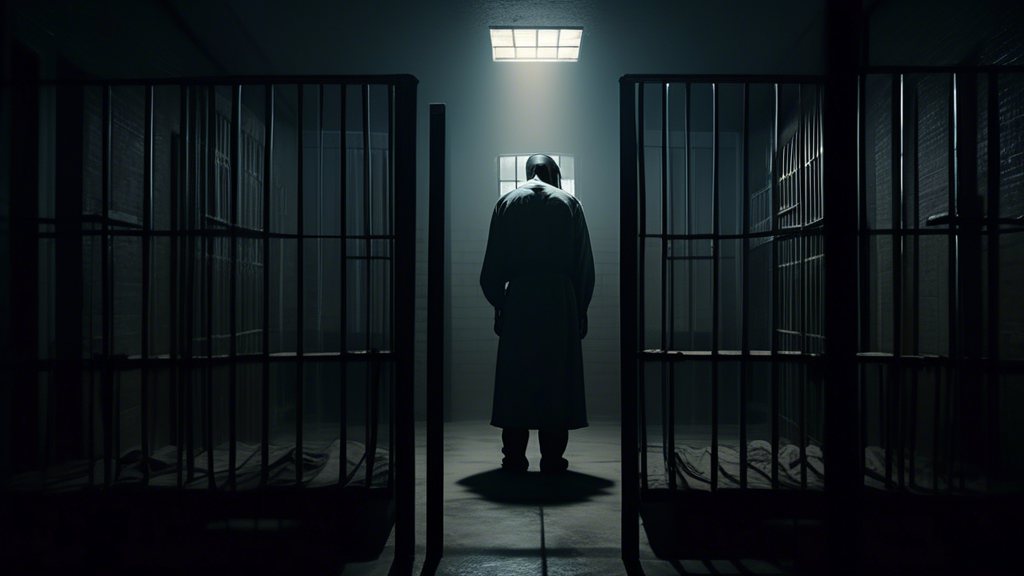
South Carolina Death Row Prisoner to Decide on Execution Method
In a significant development in the South Carolina death row landscape, an inmate is set to make a crucial decision regarding the method of execution he will face. This choice comes against the backdrop of ongoing debates surrounding the legality and morality of capital punishment in the state.
Inmate Profile
The inmate in question, 52-year-old Richard Thomas, was convicted of the 2001 murder of a convenience store clerk during a robbery. Thomas has spent over a decade on death row and has consistently maintained his innocence, claiming he was wrongfully convicted due to flawed evidence. His case has drawn attention from both legal experts and advocates for criminal justice reform.
Execution Method Choice
Under South Carolina law, death row inmates are allowed to choose their method of execution, a practice that has sparked both interest and controversy. The options available to Thomas include lethal injection and the electric chair. Recent legislation has also introduced the firing squad as an alternative method, although it remains to be seen how this option will play out in practice. Thomas has been given a deadline to make his selection, which will ultimately dictate the course of his impending execution.
Legal Context
The legal framework regarding the death penalty in South Carolina has undergone multiple changes in recent years. The state has faced challenges over its execution protocols and drug supply for lethal injections, leading to delays and uncertainty in carrying out executions. A recent Supreme Court ruling has also reaffirmed the legality of the death penalty, igniting discussions about its ethical implications and effectiveness as a deterrent to crime.
Upcoming Execution
As it stands, Thomas’s execution is tentatively scheduled for November 2024, pending the outcome of any remaining legal appeals or clemency petitions. Legal experts continue to monitor his case closely, as it may set precedents for future death row inmates.
Public and Community Reaction
Reactions to Thomas’s impending decision and execution date have been varied. Victims’ families have expressed vindication, while advocates against the death penalty call for its abolishment, citing moral and practical concerns. Community discussions have pivoted around the racial and socio-economic disparities evident in capital punishment cases, with many calling for reforms to address these inequities.
Procedural Details
Leading up to the execution, Thomas will undergo several procedural steps. He will have the opportunity for final legal appeals, and his legal team is expected to pursue any avenues for clemency available under South Carolina law. These steps are crucial as they determine the final timeline for execution.
Historical Context
The history of the death penalty in South Carolina is marked by significant legal battles and shifts in public opinion. Once a state with a robust history of executions, South Carolina is currently facing challenges in carrying out executions due to legal scrutiny and public opposition. The discussion surrounding the death penalty has evolved, reflecting broader changes in societal attitudes toward justice and punishment.
As Richard Thomas grapples with this pivotal choice, the events surrounding his case may serve as a catalyst for renewed debates on the future of capital punishment in South Carolina and beyond.
